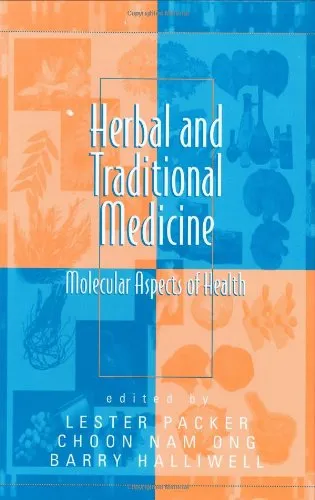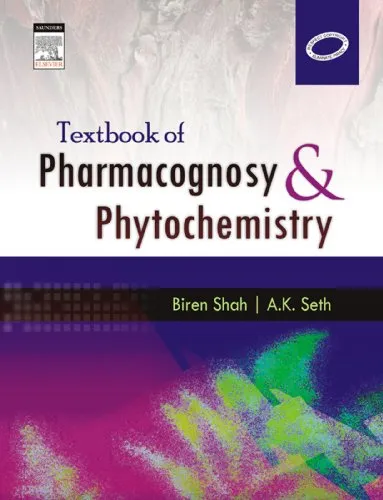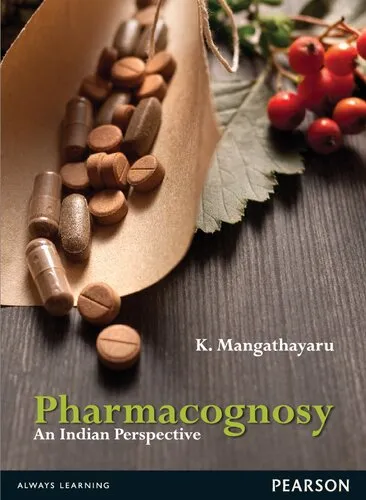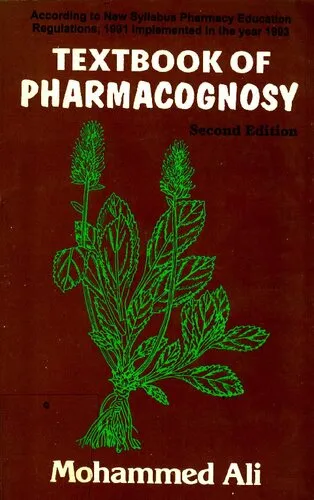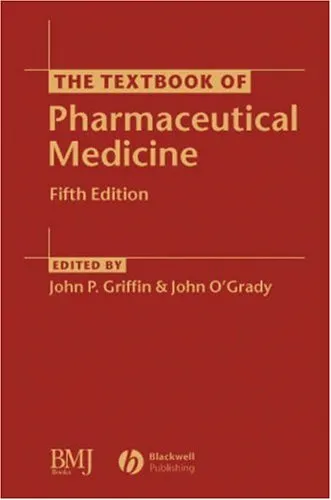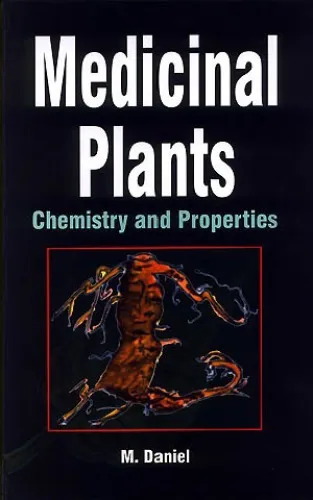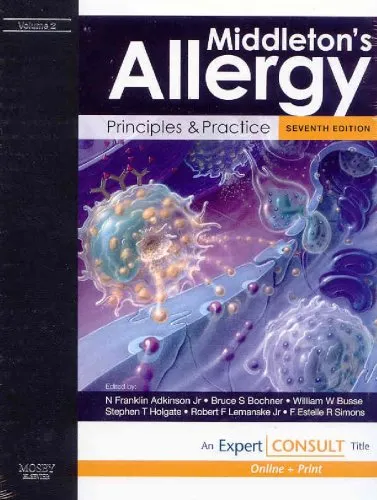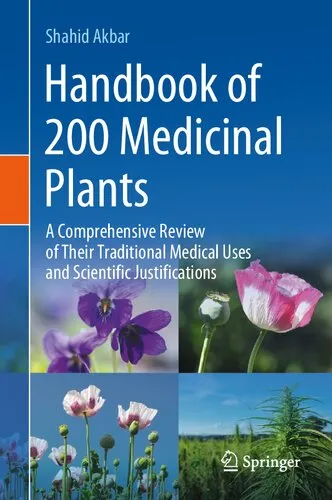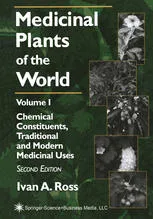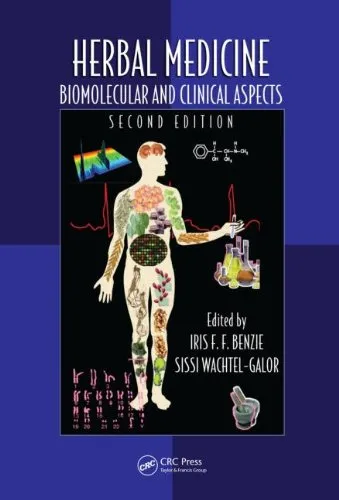Herbal and Traditional Medicine: Biomolecular and Clinical Aspects
4.5
Reviews from our users

You Can Ask your questions from this book's AI after Login
Each download or ask from book AI costs 2 points. To earn more free points, please visit the Points Guide Page and complete some valuable actions.Related Refrences:
Introduction to Herbal and Traditional Medicine: Biomolecular and Clinical Aspects
The book “Herbal and Traditional Medicine: Biomolecular and Clinical Aspects” serves as a comprehensive exploration into the fusion of ancient herbal practices and modern biomedical research. Written by Lester Packer and co-authors, this extensive resource delves into the scientific underpinnings of herbal remedies while honoring the traditional wisdom of ethnomedicine. In an age where integrative medicine is gaining momentum globally, this book seeks to bridge the gap between time-tested practices and cutting-edge molecular science.
The book offers an exceptional collection of insights into therapeutic plants, the bioactive compounds they contain, and their clinical relevance. Going beyond anecdotal evidence, it critically evaluates how these natural products interact with human biological systems to offer possible solutions to a myriad of diseases. With contributions from multidisciplinary experts, including physicians, pharmacologists, traditional healers, and biochemists, this book attempts to redefine the way herbal and traditional medicines are perceived and utilized today.
Detailed Summary
This book is divided into thoughtfully curated sections that systematically examine the molecular and clinical aspects of herbal and traditional medicines:
1. Anthropological & Historical Perspectives: The book begins by grounding readers in the history of plant-based medicines. It highlights how ancient civilizations, from Ayurveda in India to Traditional Chinese Medicine, developed healing systems that relied heavily on botanicals.
2. Chemical Composition and Pharmacology: A considerable section focuses on the molecular composition of medicinal plants, unlocking the secrets behind their bioactive compounds. Flavonoids, alkaloids, and terpenoids are explored in meticulous detail, with examples of their roles in treating inflammation, cancer, and neurodegenerative diseases.
3. Clinical Applications: The clinical relevance of herbal therapies is examined, with rigorous studies presented on conditions ranging from cardiovascular diseases to immune deficiencies. The authors also address challenges such as standardization, dosage, and safety concerns.
4. Modern Integration: The book concludes with a discussion on how ancient wisdom can be paired with modern biomedical techniques such as genomics, proteomics, and nanotechnology to advance medical treatments.
Key Takeaways
- Herbal medicine holds immense potential for treating chronic and lifestyle-related disorders when used alongside modern diagnostics.
- Bioactive compounds in plants possess pharmacological activities that are being increasingly validated by scientific research.
- Integrating traditional and modern medicine can lead to more effective and holistic healthcare solutions.
- A collaborative approach between ethnobotanists, pharmacologists, and clinicians is necessary to fully harness the potential of herbal medicines.
- Standardization and clinical trials are crucial to address safety concerns and ensure the efficacy of natural therapies.
Famous Quotes from the Book
"Traditional medicine is not merely folklore but a repository of profound scientific intuitions waiting to be validated."
"In the realm of health, nature's gifts often outshine synthetic alternatives through their elegance and biocompatibility."
"Understanding the chemistry of life is the key to merging ancient remedies with modern therapeutic advancements."
Why This Book Matters
The significance of this book lies in its ability to bring credibility and scientific rigor to an area of medicine that has often been overlooked or misunderstood. The following reasons underscore its importance:
- Bridging Knowledge Systems: This book successfully combines the wisdom of traditional medicine with modern biochemical and clinical methodologies, appealing to both practitioners and researchers.
- Encouraging Evidence-Based Practice: By presenting robust clinical and experimental data, it advocates for herbal therapies grounded in science, not speculation.
- Promoting Sustainability: The book highlights the ethical and ecological responsibilities of preserving biodiversity and traditional medicinal knowledge for future generations.
- Global Relevance: With its multidisciplinary approach, this book resonates across cultures and medical systems, emphasizing the universal value of herbal therapeutics.
- Vision of Integration: It serves as a roadmap for institutions and policymakers to incorporate integrative medicine into formal healthcare systems worldwide.
Free Direct Download
You Can Download this book after Login
Accessing books through legal platforms and public libraries not only supports the rights of authors and publishers but also contributes to the sustainability of reading culture. Before downloading, please take a moment to consider these options.
Find this book on other platforms:
WorldCat helps you find books in libraries worldwide.
See ratings, reviews, and discussions on Goodreads.
Find and buy rare or used books on AbeBooks.
